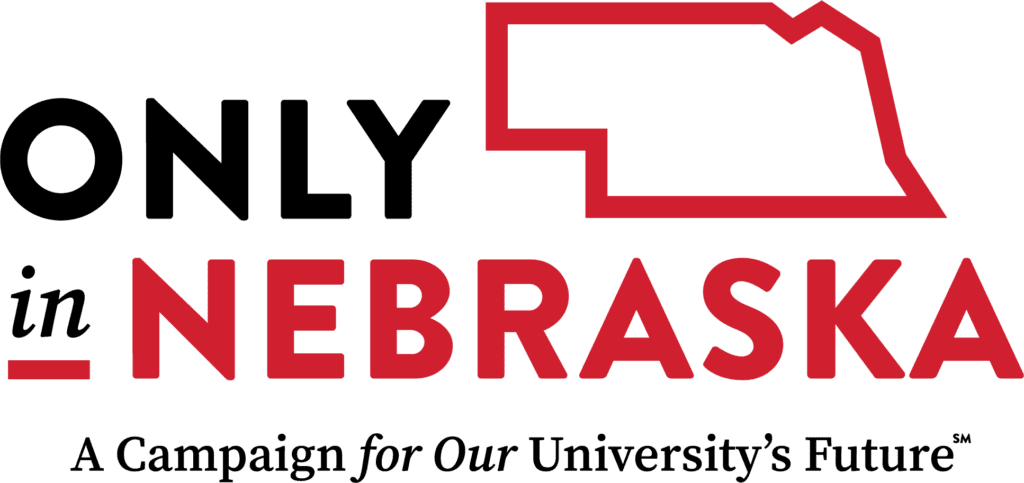Zombies, zombies everywhere
Learning how to walk away from the walking dead
Are you prepared for a zombie apocalypse?
Do you have enough water and food to last at least three days? Do you have a way to stay warm if it’s winter and zombies have displaced you from your home? Do you have a way to communicate that doesn’t rely on your iPhone (which won’t work if they knock out the power grid)?
Do you have a plan?
If you’re not prepared for a zombie apocalypse, says Shawn Gibbs, Ph.D., an associate dean in UNMC’s College of Public Health, then you’re probably not prepared for other, much-more-likely disasters.
Like a tornado. A blizzard. An earthquake. A flood. A pandemic. A terrorist attack.
“If zombies start rising and you’re at work and your children are at school and the cell phones are dead, where do you meet?” Gibbs said. “Do you meet at Mom’s work? Do you meet at Dad’s work? So this gets into talking to your family and deciding what’s the right emergency plan for you, whether it be tornadoes or zombies.”
Gibbs gave an entertaining talk Feb. 17 after the Sunday matinee of Evil Dead: The Musical at the Omaha Community Playhouse – a musical based on the low-budget ’70s cult movie about a zombie uprising.
His was the first of three zombie-themed talks by UNMC public health professors. After the March 3 matinee, Gibbs discussed the different types of zombie-like infections and how they spread.
After the matinee on March 10, Michael McCaskill, Ph.D., will explore the possibilities of real-life zombies – remember when those people took the designer drug called “bath salts” and acted like zombies?
The College of Public Health trains its students to help the world survive these scary times. Teaching people how to be prepared for emergencies is one of the missions of public health workers, one of their main weapons in saving lives.
And since zombies are such a big part of pop culture right now, Gibbs said, they’re a fun and effective way to convey information. (Gibbs said he stole most of his zombie advice from the Centers for Disease Control’s popular zombie site.)
Some other advice:
Have a manual can opener. And know how to use it.
Have flashlights. Candles are OK, but don’t leave them unattended.
Be careful what wood you burn to keep warm. It can’t be chemically treated lumber because of the dangerous chemicals.
Keep important papers in safe places.
“I talk to a lot of students who are applying to our programs,” Gibbs said. “And we’ve had students coming in from war-torn nations who no longer have a copy of their birth certificate or no longer have proof that they graduated from college. We tried to reach out to colleges in Libya last year. Do you think that college wants to return my phone calls and e-mails? They’ve got other things going on.”
Have a first-aid kit that isn’t full of expired items, like 5-year-old Tylenol.
Have cash. If the grid goes down, so do the ATMs. And keep it in small bills because the ability to make change could be limited.
Have hand sanitizer.
“Has anyone been following what happened with that cruise ship? It’s quite interesting to find out what occurs when you can no longer flush toilets.”
Do you have a baby? Keep enough diapers and formula.
Have a multitool, like a Swiss Army knife.
Keep at least a week’s supply of medications on hand.
Have a manual-crank or battery-powered radio.
Buy cheap masks like the doctors wear on TV.
“Studies have shown – including the research I’ve done – that if you put a procedure mask on a sick person, it reduces the amount of organisms that are aerosolizing by up to 80 percent,” Gibbs said. “So you’re drastically reducing the likelihood of disease transmission from person to person. Depending on the type of zombie virus we’re dealing with (or SARS or H1N1) it may or may not be transmitted that way.”
Have extra gloves. Plastic sheeting.
“And duct tape, duct tape, duct tape,” Gibbs said. “Worst case scenario, you can always use the plastic and duct tape to wrap up your former zombie.”
Private donations are vital to the mission of UNMC’s College of Public Health, Dr. Gibbs said, because they support its students with scholarships and help attract the best and brightest faculty members – two top priorities of the Campaign for Nebraska.
If you’d like to help the College of Public health make this world a safer place, please consider giving online or contact the foundation at 800-432-3216 or nufoundation.org.





